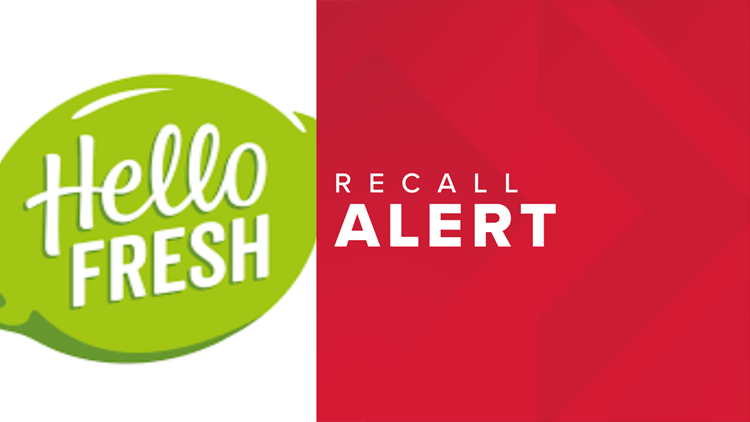WASHINGTON D.C., DC — The U.S. Food and Drug Administration, the CDC and state and local partners, is investigating a multistate outbreak of Salmonella Oranienburg infections linked to whole, fresh onions, the agency announced.
The FDA said its traceback investigation is ongoing, but it has identified ProSource Produce, LLC (also known as ProSource Inc.) of Hailey, Idaho, and Keeler Family Farms of Deming, New Mexico, as suppliers of potentially contaminated whole, fresh onions imported from the State of Chihuahua, Mexico.
The recalled red, yellow, and white onions supplied by ProSource Produce LLC and Keeler Family Farms were sold to restaurants, food service locations, wholesalers, and retail or grocery stores throughout the United States.
Recalls have also been initiated by the following companies that sold recalled onions or products containing the recalled onions.
The onions were distributed to wholesalers, broadline foodservice customers, and retail or grocery stores in:
- 50 lb., 25 lb., 10 lb., 5 lb., 3 lb., and 2 lb. mesh sacks
- 50 lb., 40 lb., 25 lb., 10 lb., and 5 lb. cartons
And by the following distributors and/or under the following brands:
- Big Bull
- Peak Fresh Produce
- Sierra Madre
- Markon First Crop.
- Markon Essentials
- Rio Blue
- ProSource
- Rio Valley
- Sysco Imperial
Restaurants, retailers and consumers are advised not to eat, sell or serve the recalled onions, or products containing recalled onions.
The onions were imported from the State of Chihuahua, Mexico between July 1, 2021 and August 31, 2021.
Onions may last up to three months if stored in a cool, dry place. Restaurants, retailers, and consumers who suspect having purchased such onions may still have them in storage and should not eat, sell, or serve them, and should throw them out, the FDA said.
The FDA recommends that anyone who received or suspects having received recalled onions use extra vigilance in cleaning and sanitizing any surfaces and containers that may have come in contact with these products to reduce the risk of cross-contamination. This includes cleaning and sanitizing cutting boards, slicers, countertops, refrigerators, displays, and storage bins.
Consumers who have symptoms of Salmonella infection should contact their health care provider. Most people with salmonellosis develop diarrhea, fever, and abdominal cramps. More severe cases of salmonellosis may include a high fever, aches, headaches, lethargy, a rash, blood in the urine or stool, and in some cases may become fatal.



